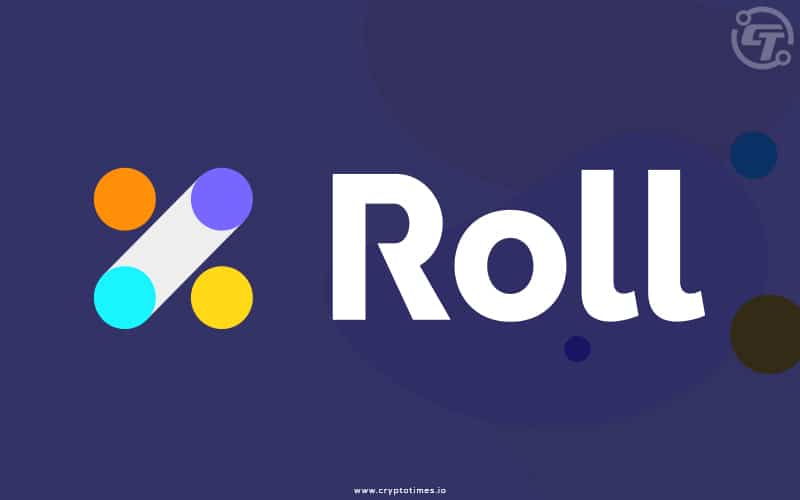In Brief:
- Roll has raised $10 M in series A funding round led by IOSG ventures.
- The company raised a total of $12.7 million in funding since the launch in 2019.
- Roll is aiming to open up their APIs to more developers early next year.
Roll, a New York-based social token infrastructure company, has raised $10 Million in Series A Funding led by IOSG Ventures. The series A Funding Round will help it expand its team and technical capabilities.
According to the announcement, Alchemy, Animoca, Huobi Ventures, Weekend Fund, Mischief Fund, Audacity and others also participated in the funding round. Roll is aiming to open up their APIs to more developers early next year
IOSG joins existing backers in Roll, which includes Galaxy Interactive, Hustle Fund, Gary Vaynerchuk, Trevor McFederies, Ryan Selkis, Balaji Srinivasan, and others. The company said it has raised a total of $12.7 million in funding since it launched in 2019.
Roll’s team said: “Since 2018, we’ve believed that social tokens will increase the GDP of the creator economy. With this round of funding we’re investing in our social token infrastructure and API to double down on this thesis.”
Building the Stripe for social tokens
The company’s mission for the next few years is to make social tokens the backbone of the Social web. It has started to provide developers with the infrastructure and API needed to generate and integrate social tokens into web applications to achieve a mission.
Roll social tokens can use Ethereum smart contracts to develop a social token infrastructure that can “ interact with existing applications and smart contracts.”
The company has built a financial operating system for social tokens where robust application layers can emerge within the next few years. The platform has more than 350 creators, and this year, an over 650% increase on the 100 creators a year ago.
“We see an internet where hundreds of social tokens applications will emerge. Most platforms will use social tokens in one way or another this decade,” says Sid Kalla, co-founder, and chief technology officer of Roll. “They’ll all require the right infrastructure to be successful and interoperable across the web.”






